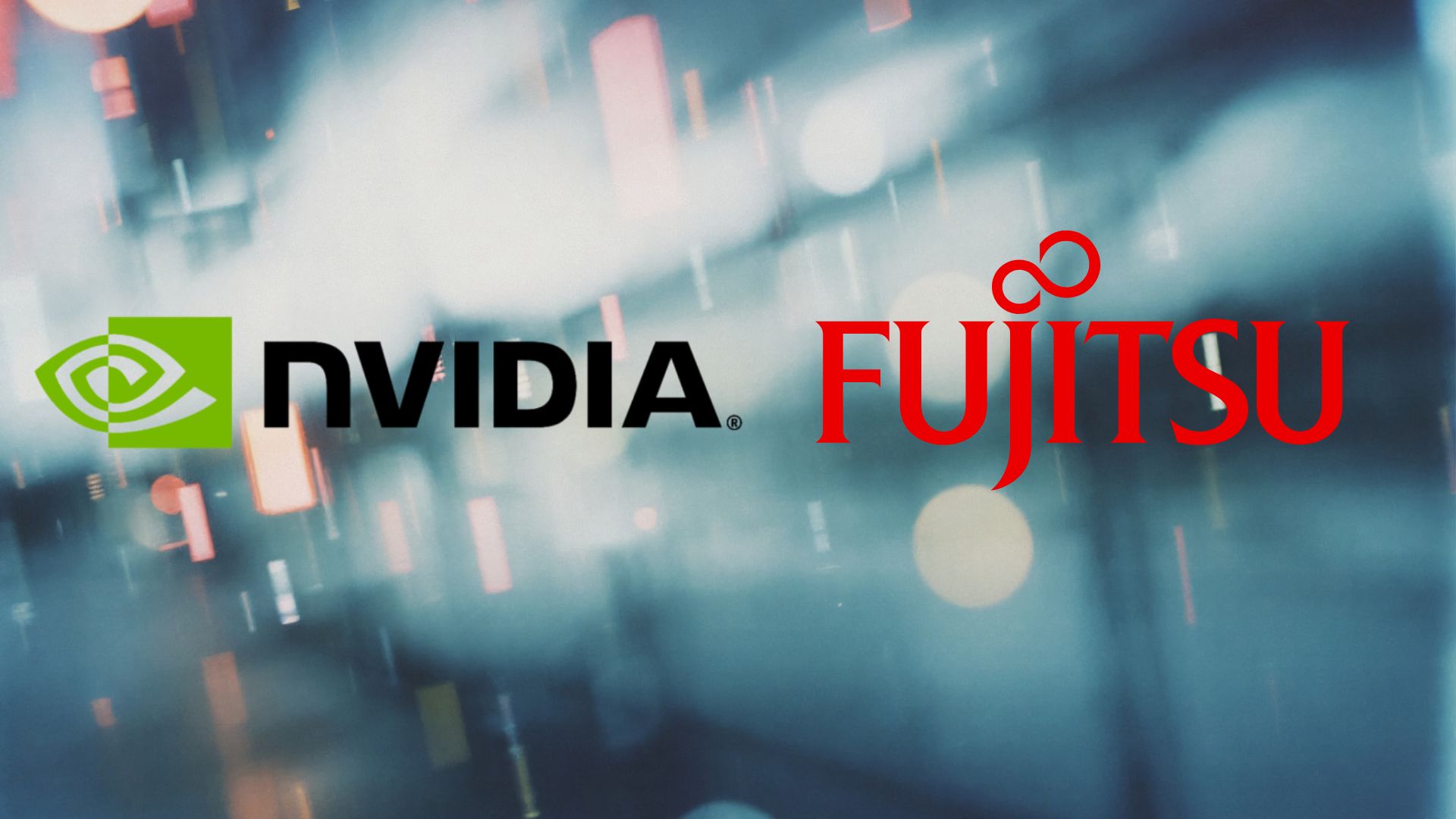The Dutch Minister of Economic Affairs has invoked the Goods Availability Act in response to serious governance issues at semiconductor manufacturer Nexperia.
The measure, announced on 30 September 2025, seeks to ensure the continued availability of the company’s products in the event of an emergency. Nexperia, headquartered in Nijmegen, will be allowed to maintain its normal production activities.
A decision that follows recent indications of significant management deficiencies and actions within Nexperia that could affect the safeguarding of vital technological knowledge and capacity in the Netherlands and across Europe.
Authorities view these capabilities as essential for economic security, as Nexperia supplies chips for the automotive sector and consumer electronics industries.
Under the order, the Minister of Economic Affairs may block or reverse company decisions considered harmful to Nexperia’s long-term stability or to the preservation of Europe’s semiconductor value chain.
The Netherlands government described the use of the Goods Availability Act as exceptional, citing the urgency and scale of the governance concerns.
Officials emphasised that the action applies only to Nexperia and does not target other companies, sectors, or countries. The decision may be contested through the courts.
Would you like to learn more about AI, tech and digital diplomacy? If so, ask our Diplo chatbot!










